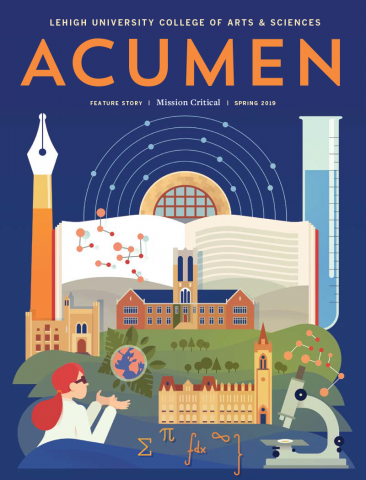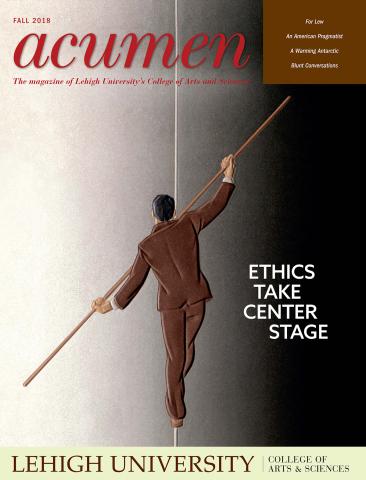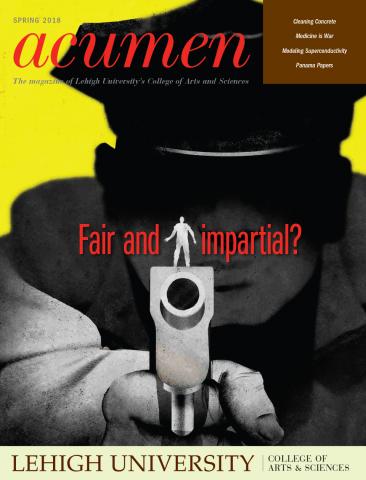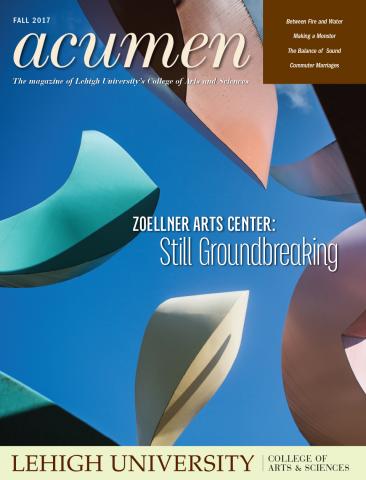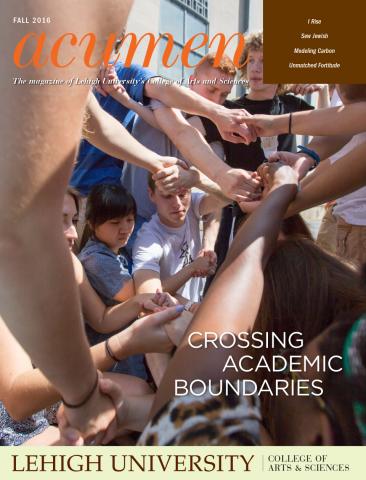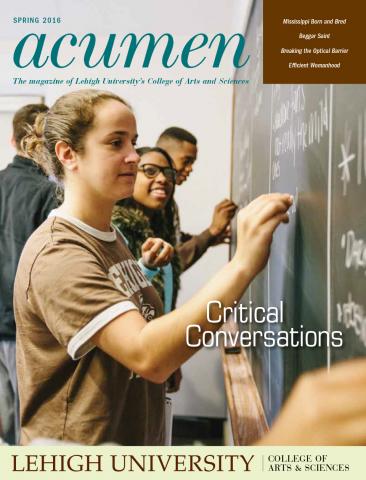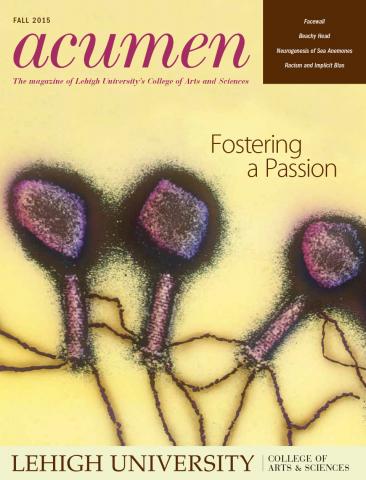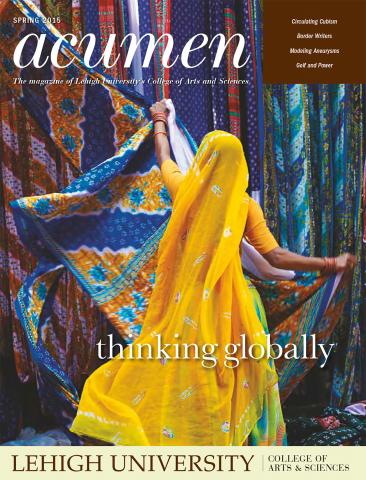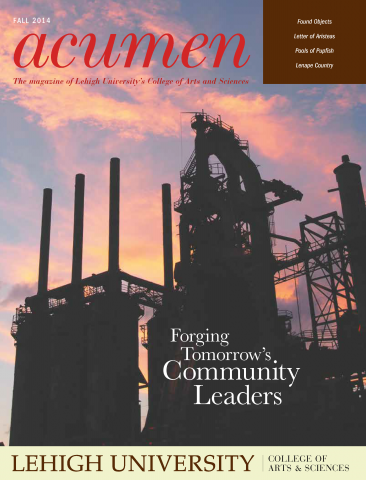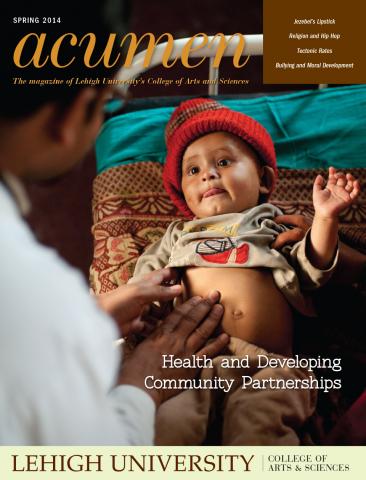
The book of Ben Sira was composed in Hebrew around 180 BCE by a Jewish sage in Jerusalem. It is a collection of proverbs and teachings, written in poetry, within the traditions of ancient wisdom literature. Translating and interpreting the work’s 51 chapters lie at the center of Benjamin Wright’s research.
This endeavor is tremendously complicated, since Wright must decipher 1,000 years of differing translations. Though originally written in Hebrew, the book was translated into Greek in Egypt by a translator claiming to be the author’s grandson. It would later be translated into Latin and Syriac and become part of the Christian Bible. Because Ben Sira was not included in the Jewish Bible, the Hebrew text eventually disappeared for almost 1,000 years.
“Somewhere, somehow, between the 1st and 10th centuries, the Hebrew text of the book was transmitted, even though we do not possess Hebrew manuscripts from the intervening centuries,” says Wright, University Distinguished Professor in the department of religion studies. “It goes underground. We don’t know how it got from the Masada manuscript of the 1st century CE to the Cairo Genizah manuscripts of the 10th to 12th centuries.”
Ben Sira provides practical advice and instructions to young men who would be part of an elite bureaucracy, but also teaching on becoming a wise man, a teacher of the law.
“[The author] is someone who interprets and teaches Jewish law and tradition,” says Wright. “You get practical stuff—advice on how to have a successful career—but then you get instruction about acquiring wisdom. That’s a whole different ball game. To acquire wisdom is to become something you are not now. Yet Ben Sira can’t really tell his students when that transformation happens. He can tell them what to do—pursue wisdom, observe nature, study the law, practical things—but he can’t say when his students become sages. When do you become a wise person? For him, the true test of wisdom comes after you’re dead. If people remember you, remember your teaching, you will be validated as a sage.”
In total, scholars possess about two-thirds of Ben Sira in the surviving Hebrew manuscripts. The entire book comes into the modern world primarily via the Greek, Syriac and Latin translations. All of the textual traditions have undergone adaptations as they were copied and recopied.
“Words were changed, phrases were added or subtracted,” says Wright. “At certain points in the translations, other proverbs were added to the book. The medieval Hebrew manuscripts, for example, were produced in an entirely different social world from that in which the text was produced almost 1,200 years earlier.”
Speaking of Cairo Genizah Manuscript B, Wright noted, “This manuscript is a collated manuscript. The scribes who worked on it were trying to preserve all of the previous versions they knew. Different versions were collected in this manuscript. Manuscript B’s collated nature and its execution offer circumstantial evidence that some Jews in the Middle Ages likely thought Ben Sira to be a sacred book, even though it was not in their Bible.”
Wright is comparing the different language traditions, line by line, to provide detailed translation of all texts with notes and commentary. The ultimate goal is to publish a translation with commentary for future scholars. He is attempting to ascertain how, through all of these texts, scholars can talk about Ben Sira, the person, piecing the translations together to try to understand Ben Sira, the book, in its earliest context, although the translations also inform scholars about the worlds in which the translators lived.






















